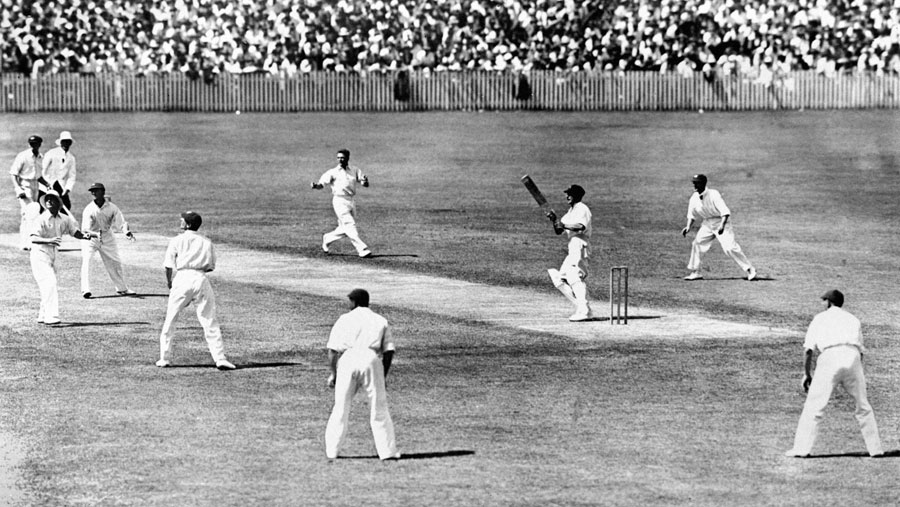Football, also known as soccer in some parts of the world, is a globally cherished sport that captivates the hearts and minds of millions. This dynamic and exhilarating game brings together people from diverse backgrounds, cultures, and nations, fostering a sense of unity and camaraderie.
The origins of football can be traced back centuries, with various forms of the game played in different cultures. However, the modern version of football as we know it today evolved in England during the 19th century. The sport quickly gained popularity and spread across the globe, becoming the most popular and widely played sport.
Football is played on a rectangular field, known as a pitch, with two teams of eleven players each. The objective is to score goals by getting a ball into the opposing team’s net. Players use their feet, head, and other parts of their body, except their hands (except for goalkeepers), to control and pass the ball. The team with the most goals at the end of the match wins.
The beauty of football lies not only in its simplicity but also in its complexity. The game requires a combination of skills such as agility, speed, ball control, teamwork, and strategic thinking. Players must navigate the pitch, making split-second decisions while anticipating the movements of their opponents.
Football has a massive following worldwide, with major tournaments like the FIFA World Cup, UEFA Champions League, Copa America, and the English Premier League drawing immense viewership. The World Cup, held every four years, is one of the most-watched sporting events globally, capturing the attention of billions of fans.
Beyond the professional level, football is deeply ingrained in communities and serves as a source of recreation, exercise, and social bonding. Local leagues, school competitions, and neighborhood matches contribute to the grassroots development of the sport, nurturing future talents and fostering a love for the game.
Football transcends cultural and linguistic barriers, creating a shared language that connects people across continents. The passion and intensity seen in the stands during matches, as fans sing, chant, and celebrate together, showcase the emotional and unifying power of the sport.
In recent years, football has also become a platform for addressing social issues, with players and organizations using their influence to advocate for positive change. From promoting inclusivity to raising awareness about environmental concerns, football has evolved into more than just a game; it is a powerful force for social impact.
As the world continues to change, football remains a constant, providing joy, excitement, and a sense of belonging to millions of fans. Whether played on the dusty streets of a small village or in the grand stadiums of international tournaments, football continues to inspire and unite people, making it more than just a sport—it’s a global phenomenon that brings the world together.


